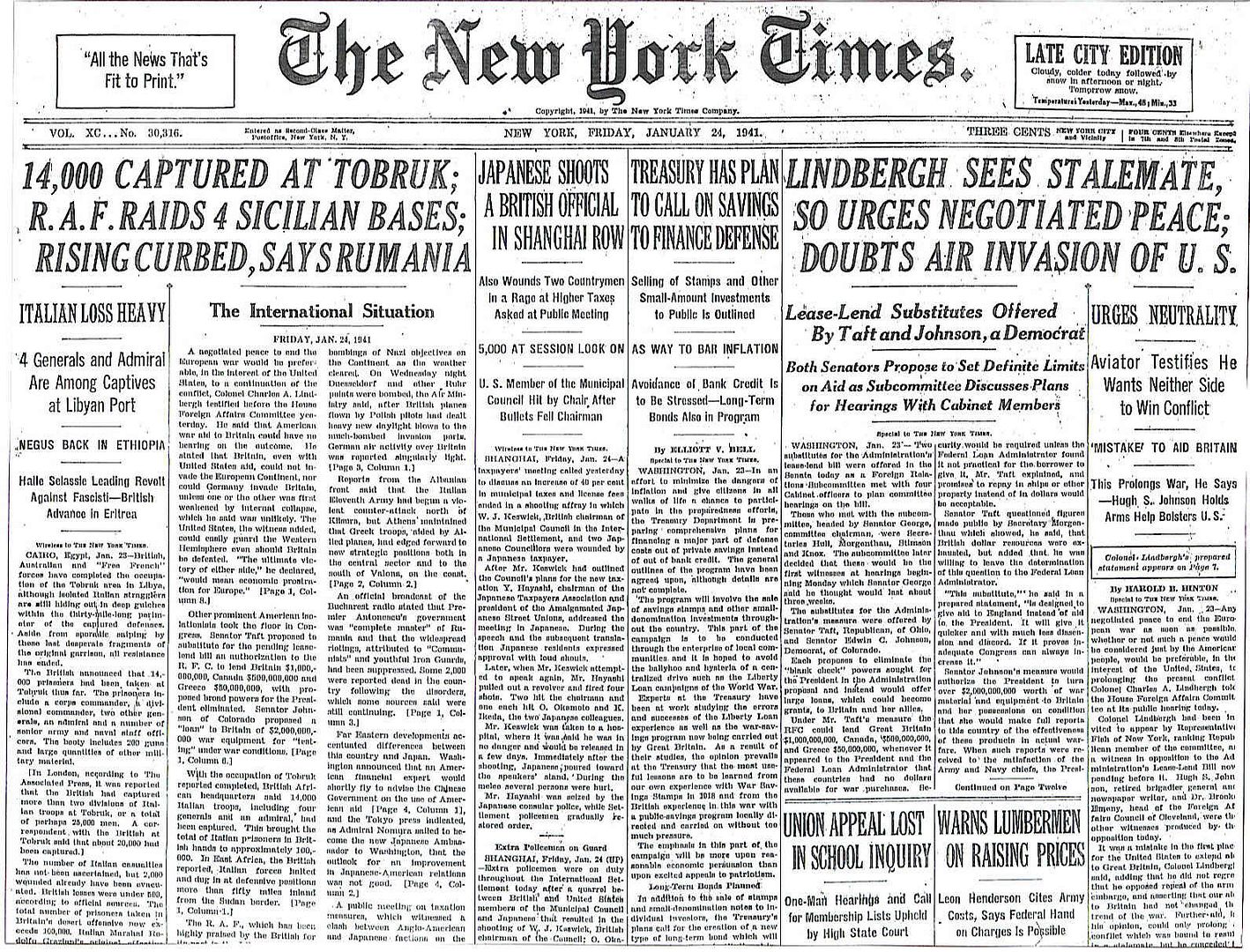
Posted on 01/24/2011 4:36:42 AM PST by Homer_J_Simpson

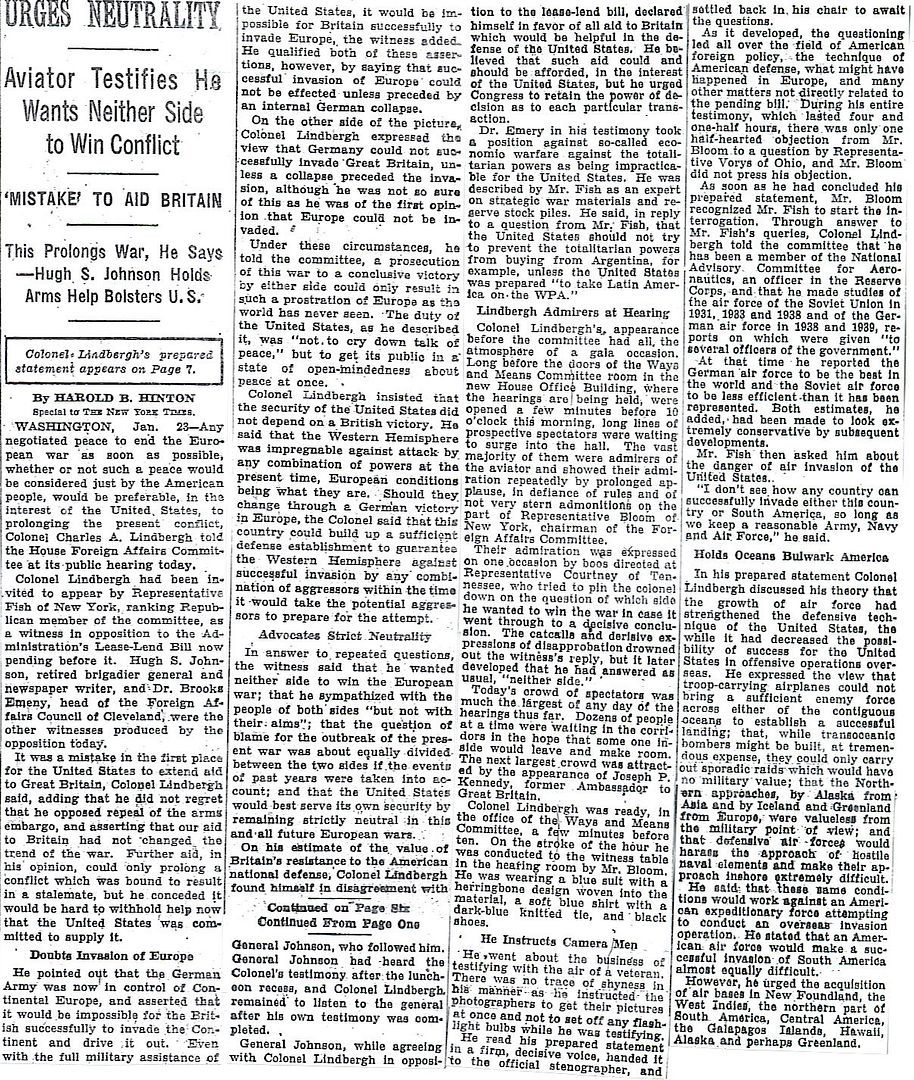
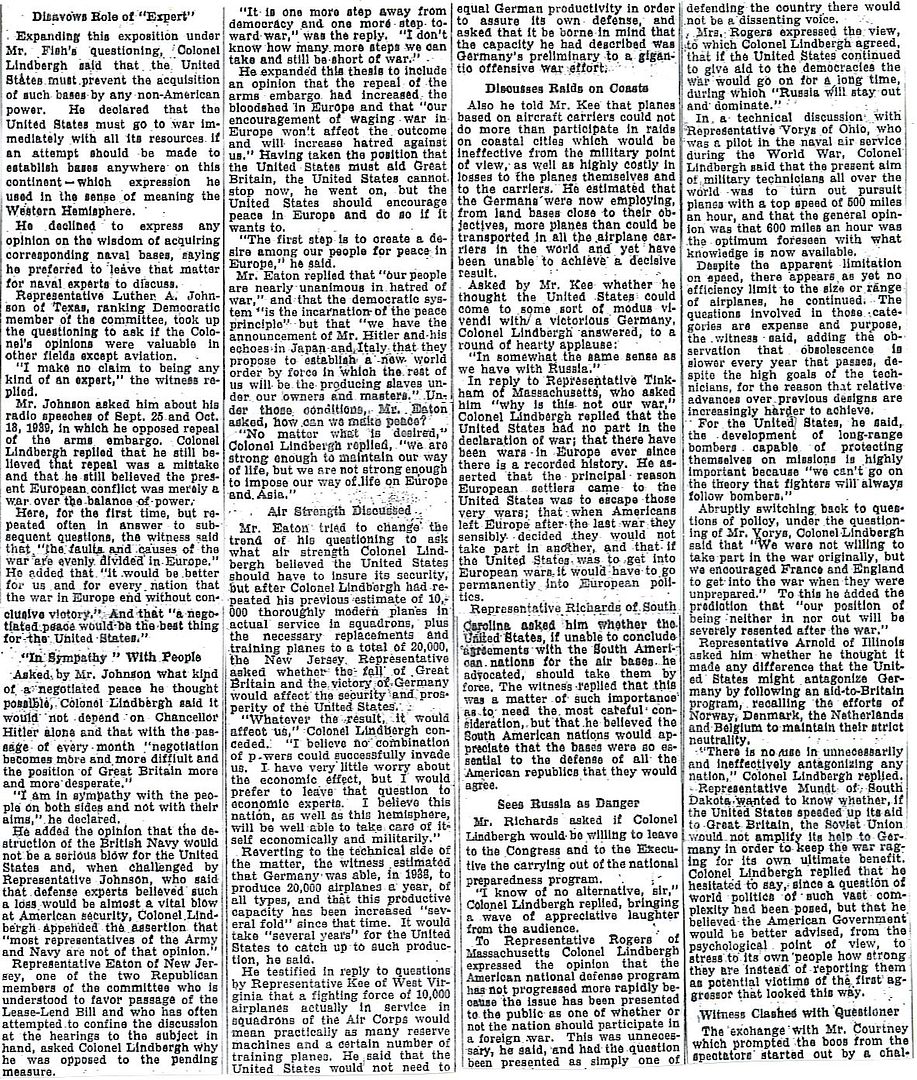
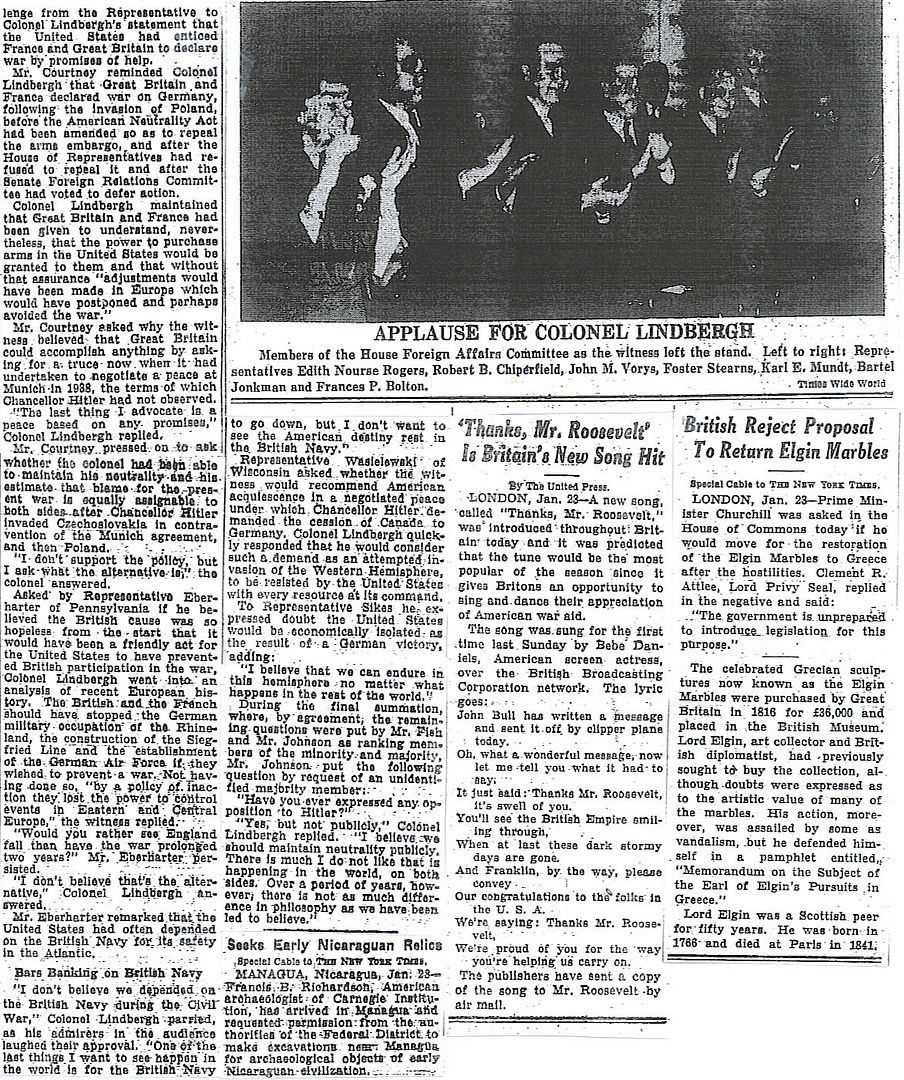
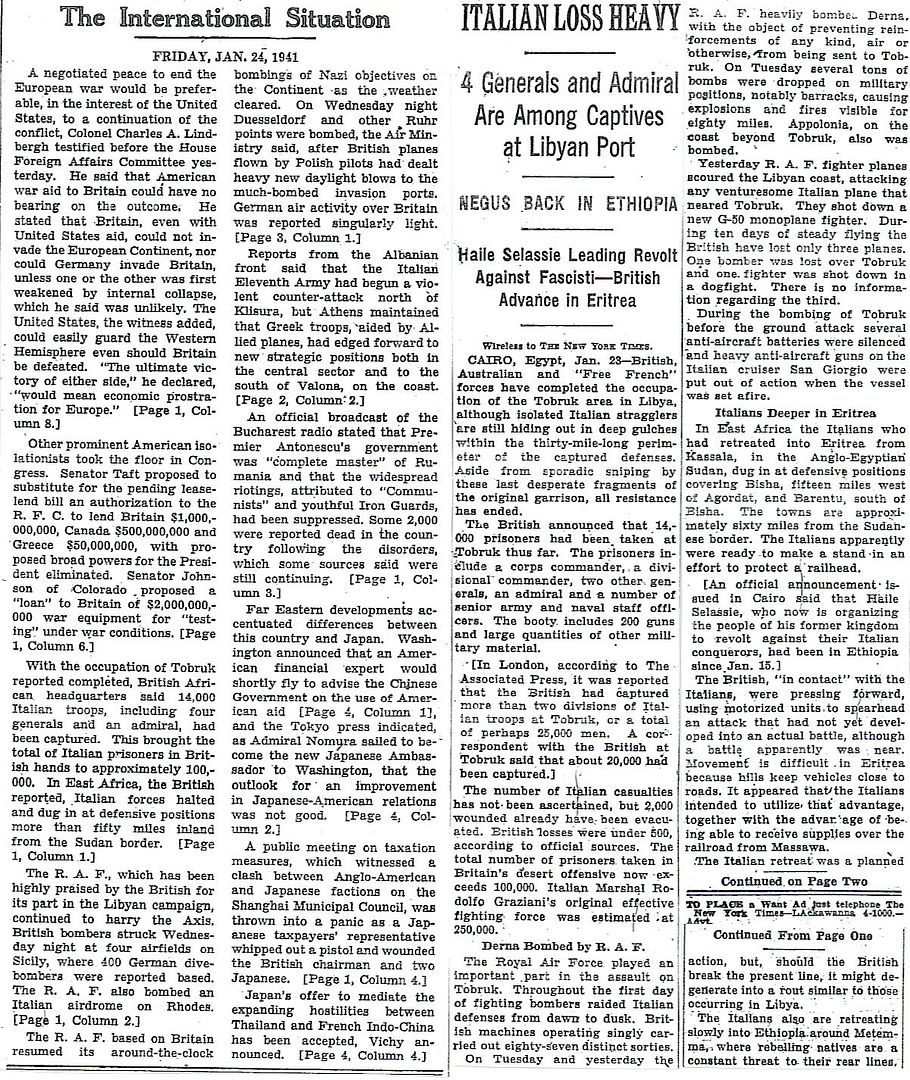
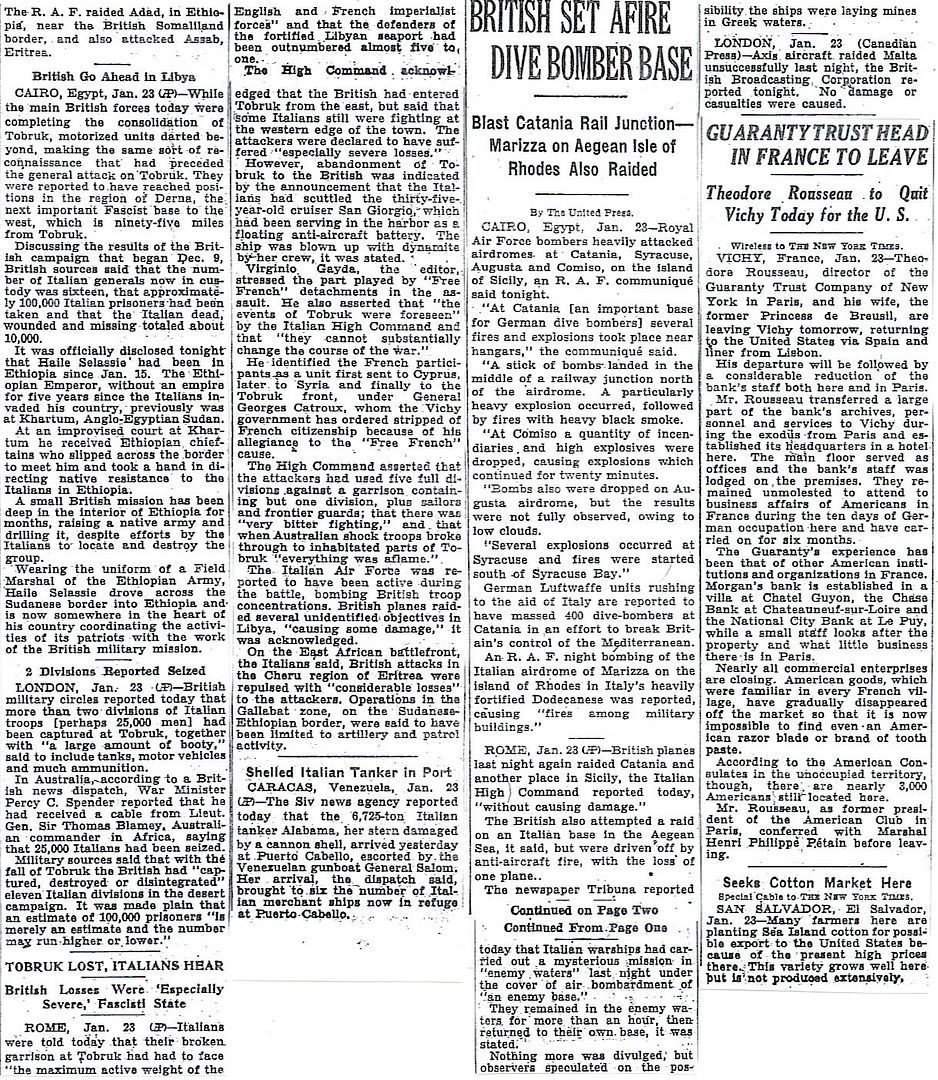
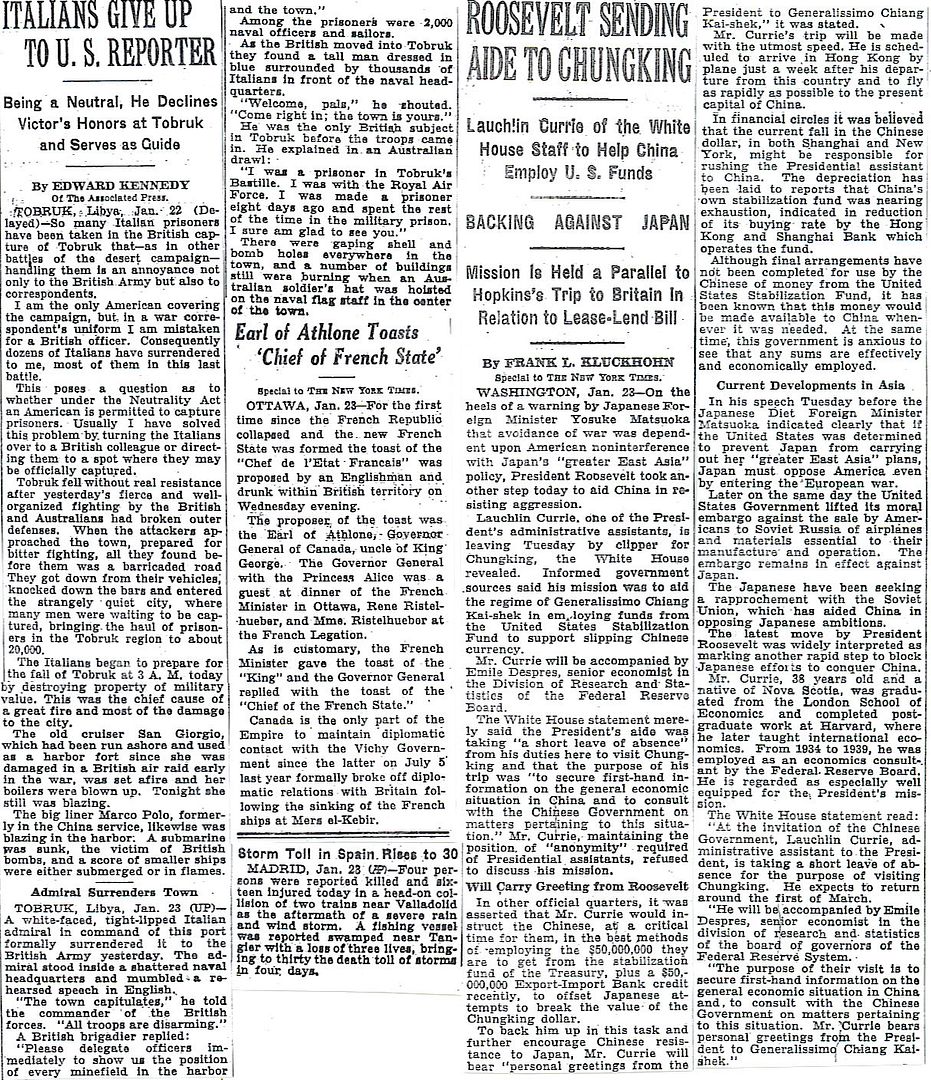
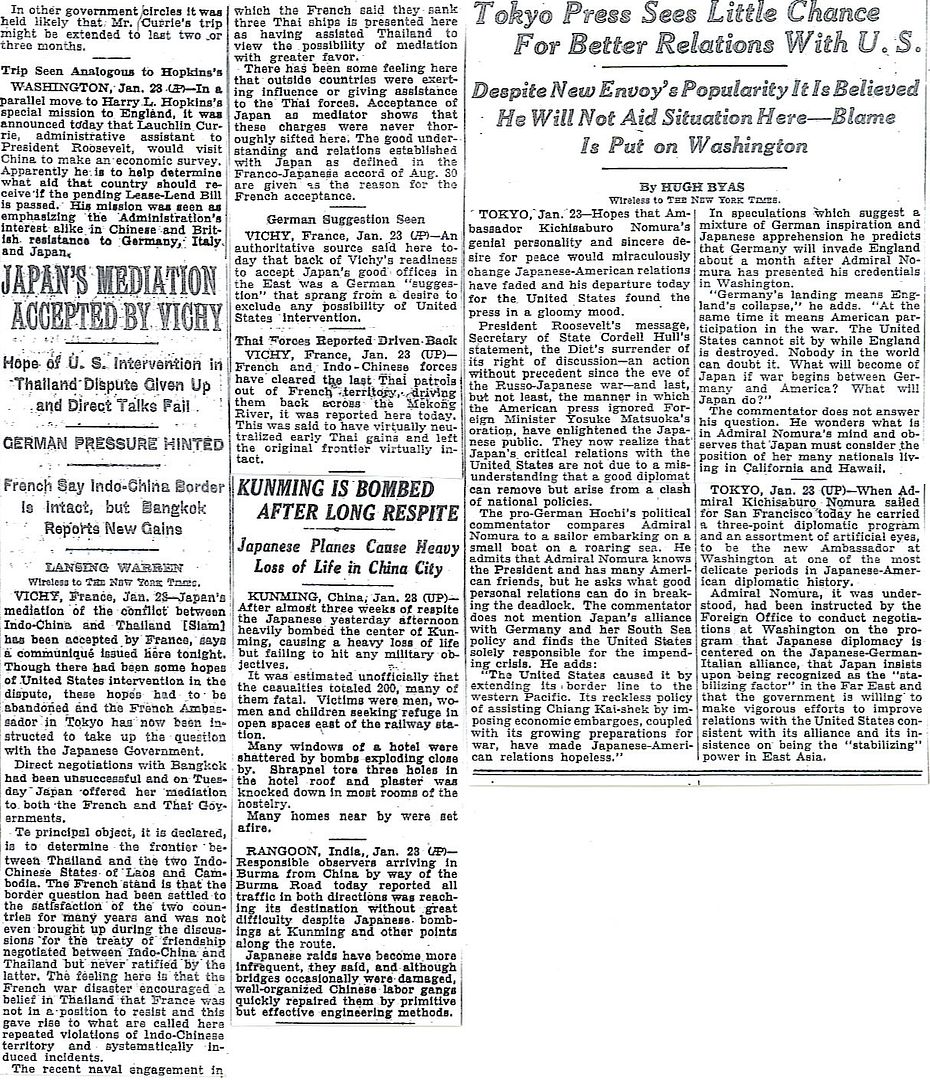
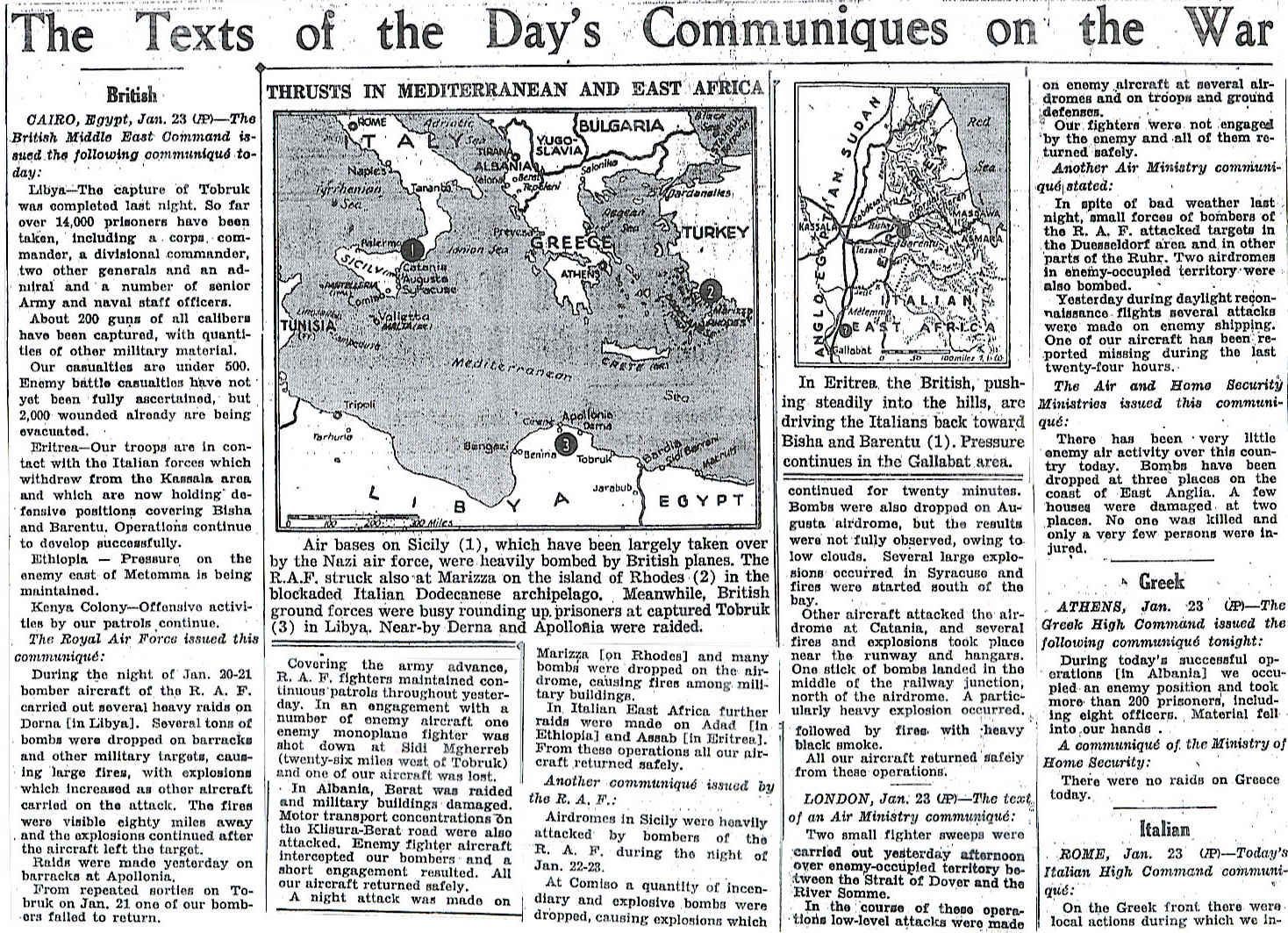
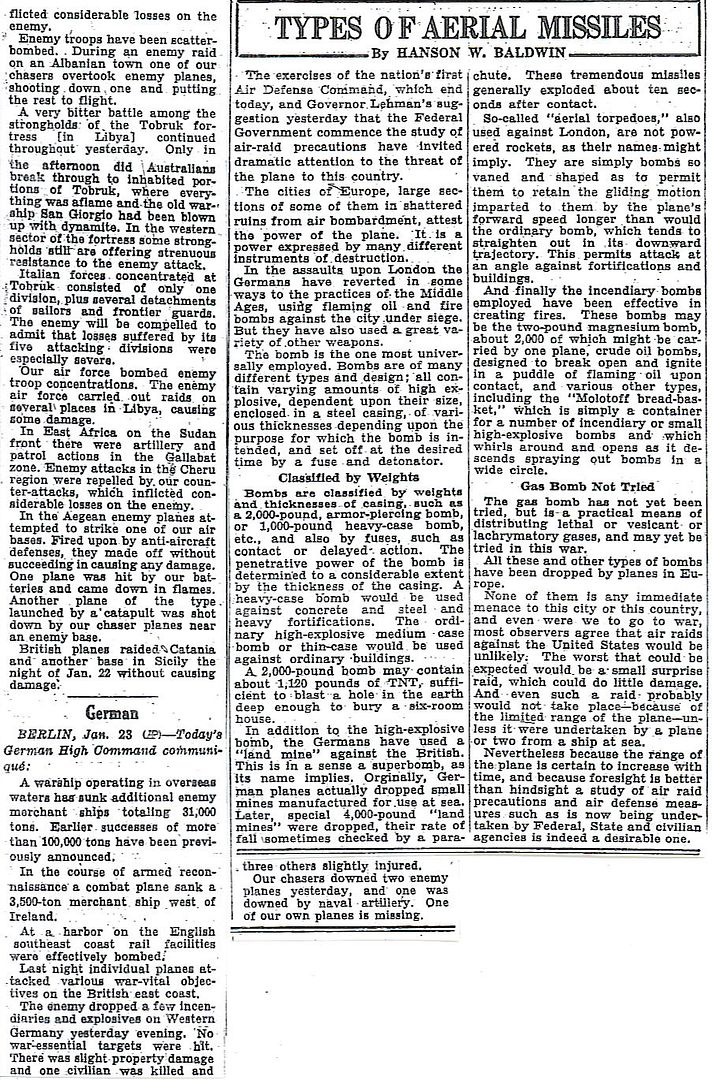
About Philippines? yes. All McA's fault. About Pearl? No. Roosevelt knew. And he sent the warning the slow way.
Not silly at all -- if they call me, I'll definitely recommend you! ;-)
So let's stick with your particular analogy here -- if, someday, you receive a letter from the Pulizer people, will you automatically throw it in the trash as "junk mail"??
I'd think you'd want to examine it rather carefully, just as our intel folks examined every secret Japanese communication they intercepted.
Remember, as of "today" we are still in February, 1941, and the Japanese themselves have no concrete plans to attack Pearl Harbor.
But the point of today's "lesson" from Homer is that as of "today" both the Japanese and American high commands are starting to think through an "easily possible" attack on Pearl Harbor.
And as the weeks and months go by, there will come other, more specific warnings of not just "possible" attack, but more likely, even certain attack.
Stay tuned...
;-)
I just returned from a brief "tour of duty" near Kahuku Point and the old Opana radar on Oahu's north shore.
Officially, we were there to count the whales -- which were literally jumping for joy, and reproducing more like, well, rabbits. ;-)
But even so, I kept a close eye out for enemy submarines, possibly disguised as whales, or attacking aircraft designed to look like birds.
So you'll be happy to learn that I saw none of those, and Hawaii was still safe when I left it... ;-)
While there I picked up three new Pearl Harbor related books, including Homer's "textbook" "At Dawn We Slept," and Michael Smith's "The Emperor's Codes".
Now I've read ahead several months in Homer's textbook, and without giving away the whole story, I can tell you now, get ready, there are more warnings coming.
Of course, you too are free to ignore these warnings.
But then I will begin to ask: what exactly is your motivation for doing so?
;-)
Let me put it to you simply & directly: I'm here to defend Kimmel and Short, to the best of my ability, because they were good men who deserve at least somebody to speak up for them.
My argument here begins with their argument:
I further argue that if Kimmel & Short could have figured it out, based on what Washington knew, then the "wizards of smart" in DC -- i.e., Marshall, Stark -- must have also figured it out ahead of time.
As for legalistic "proof" -- naw, we'll probably never see it, if it even still exists.
The best we can do is a reasonable surmise, based on some pretty interesting data that somehow escaped destruction all these years.
None of which entirely excuses either commander:
But all of these people were literally asleep at the switch, because Washington had not provided all the data Washington had collected.
You're trying to have it both ways, arguing that "everybody knew" that there was a pending attack except the very guys whose business it was to know, the immediate commanders. Sorry, won't fly. FDR didn't know, THEY did, and they both should have faced severe penalties.
Of course they both “thought through it,” which was why the fleet was stationed there in the first place. It was inconceivable-—to us, to the Brits, and to some Japanese-—that such an attack was possible. Yamamoto’s exercises showed he’d lose 1/3 of his aerial AND naval forces (he lost something like 10% of the former and none of the latter, no counting mini-u-boats). In other words, no one expected the surprise he got, least of all him.
After the attack, Kimmel & Short claimed that had they known what Washington knew, they would have figured the coming attack was by aircraft, not sabotage, and would have prepared accordingly.
By the way, Prange provides an interesting explanation of where this seemingly obsessive fear of sabotage came from: it was thought to be the way the Germans had operated in Euorpe -- invasions beginning with sabotage.
So Sabotage was expected to be the first sign that an invasion was coming.
They did not expect, and were never told to expect an air attack on the US fleet.
But afterwards, they claimed they could have figured it out, had they been fully informed by Washington.
I'm not saying they would have found Kido Butai, but come on. A commander who doesn't take the most basic precautions to guard against air or sea attack on an ISLAND should be, well, shot.
Now, now, you've been cutting class again, and not turning in your homework. You'll never get a passing grade this way. ;-)
Just off the top of my head, and only through "today" in 1941:
LS: "In other words, no one expected the surprise he got, least of all him."
No, you have it exactly backwards.
The Japanese high command's essential requirement before launching their attack on Pearl Harbor was that total surprise must be achieved.
Had their secret gotten out, and the Americans become alerted soon enough to the attack, the Japanese would most likely have canceled it.
Now you're talking!
This is actually the single biggest thing that Short & Kimmel coulda', woulda', shoulda' done to at least give our side a fighting chance.
So why, exactly, didn't they do it?
There is a long, involved explanation, but the short of it is this: they didn't have enough operational recon planes to maintain 24/7 360 degree around Oahu coverage for more than a very short time period.
Therefore, they needed advance warnings that such an attack was likely soon, so they didn't literally burn up their aircraft on wild goose chases.
But the advance warnings they received did not say an air attack was coming, but instead to be prepared for sabotage.
So, their biggest mistake was: they believed what Washington told them.
Sure sucked to be them!
So, Yamamoto expected with total surprise he’d lose 1/3 of his naval force? . . . NOT.
I amend my suggestion to emphasis that you really read my posts first. They are short and you don’t seem to understand them. I think once you have mastered that then I can recommend some source material and books that would give you better perspective. I don’t have any recollection of me suggesting that there were no warnings of a potential attack on Pearl Harbor. I still contend that there is no evidence that FDR knew Pearl was going to be attack and intentionally let it happened. When you can offer some concrete evidence to the contrary I will be very interested in it. Until then this will continue to be a diatribe on your part that has no substance.
Lindbergh sounds like a real leftwinger, anti war type. Would fit right in with code pink types?
I’m assuming that after Pearl Harbor, he became persona non grata?
The Japanese high command's basic requirement was that surprise must be achieved, otherwise the mission would not be approved.
In the months, weeks and days before December 7, the Japanese became increasingly anxious to learn all possible information related to the state of readiness & alert at Pearl Harbor.
Prange even suggests that one way the US could have prevented the December 7 attack was to simply close down Japan's Honolulu consulate, thus denying them information on the US fleet's readiness status.
Your suggestion that Yamamoto expected to lose 1/3 of his aircraft sounds to me like some kind of maximum acceptable loss.
In other words: if conditions at Pearl Harbor suggested Japan might lose 1/3 or fewer aircraft, then launch the attack.
If more than 1/3 loss expected, then cancel the attack.
So everything depended on the alert status of the US fleet.
Since even up to the last days there was no noticeable increase, Yamamoto's attack was approved.
I could be wrong-—and I think this is in Prange-—but the 1/3 was the expected loss, not “maximum” expected loss. And, no, simply closing the U.S. consulate wouldn’t have helped, as Japan had spies taking pictures on a regular basis in HAWAII. How do you think they got pics of the Arizona, for example?
"diatribe"??
Diatribe defined:
So I'll challenge you to quote any of my postings which rise to the level of serious "diatribe".
Of course there is no legal "proof" that "FDR knew and let it happen."
If there had been such proof, the debate would have ended many years ago.
But there is highly suggestive evidence, which has been combed over, sifted and sorted every which way for now nearly 70 years.
And a good many authors have attempted to make the case.
In that context, Homer's "textbook" by Prange is pretty darned "fair and balanced."
Prange really spreads the blame around to everyone without ever suggesting (so far as I've read yet), that somehow "FDR knew".
Other authors do make the case that "FDR knew and let it happen."
My effort so far has simply been to follow Homer's lesson plan, and point out at appropriate times when warnings were delivered, and how they were responded to.
So far we've seen that the expectation of a "surprise attack" on Pearl Harbor had been part of American planning and exercises for many years, and that just as Yamamoto sits down to begin planning the actual attack, America's ambassador to Japan hears reports of it and forwards them to Washington.
And there are more warnings to come.
Do you suppose that not even one of these ever reached the eyes & ears of Franklin Roosevelt?
I don't. Not for a minute.
Remember: like George Washington and other presidents before him, Franklin Roosevelt was the nation's top spymaster.
He loved spy-business and knew everything there was to be known.
And since no one, to my knowledge, has ever ever accused FDR of being stupid, I have to draw the appropriate conclusions.
I haven't seen it yet, and my reading in Prange so far takes me up through June 1941.
If you want to provide a reference I can study on that, will be happy to respond.
I have read -- and it's why I keep referring to it -- about the Japanese requirement for secrecy and surprise.
It was foremost in their minds, and had it been compromised enough, the mission would be called off.
LS: "And, no, simply closing the U.S. consulate wouldn’t have helped, as Japan had spies taking pictures on a regular basis in HAWAII."
But without the Honolulu consulate's radio transmission equipment and code books, any data on US fleet activities could not have reached Japan soon enough.
And here is one place the argument gets tricky: why did the US not close that consulate?
The answer, ironically, is: precisely because we were getting too much useful information about Japanese interest by reading the consulate's secret "Purple" diplomatic messages.
Since the US did not want to close off a valuable source of intelligence, they left the consulate operate as normal.
Which leads to the obvious question: what intelligence did we learn from reading the consulate's secret messages?
Answer: that Japan was highly interested in the status of the fleet at Pearl Harbor.
So, in what sense is that not yet another warning?
Oooops, sorry -- actually, these transmissions went by commercial telegraph, not radio.
The consulate had been wire-tapped, and that's how US intelligence knew what it was up to.
Japanese diplomatic code books, of course, would not be available to anyone outside the consulate.
This post qualifies. The fact that once again you have fixated on a single word of a post and made it a focal point of your argument is an ironical and, in my opinion, humorous criticism of what I wrote. Thanks for the laugh BroJoe.
you really think spies were sending photos of US ships through the consulate?? boy do you not get the spy biz
Disclaimer: Opinions posted on Free Republic are those of the individual posters and do not necessarily represent the opinion of Free Republic or its management. All materials posted herein are protected by copyright law and the exemption for fair use of copyrighted works.